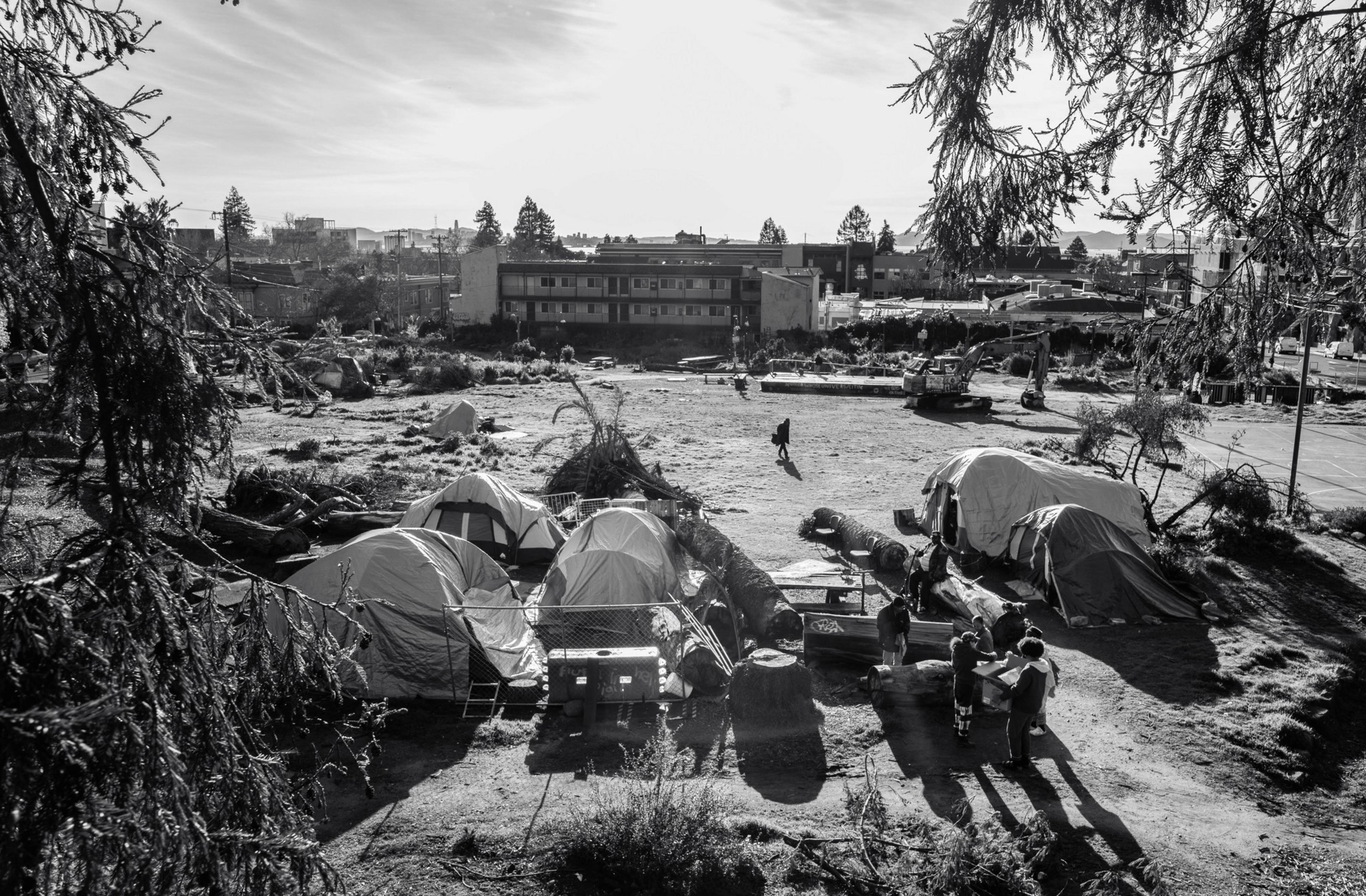Berkeley is just one small city in a vast region grappling with a homelessness crisis. But as a bastion of progressive ideals, its decisions often have ripple effects.
So when the city voted last week (opens in new tab) to act on the rights afforded it by the Supreme Court’s Grants Pass decision, which allows cities to clear homeless encampments without offering alternative shelter or housing, you can bet neighboring jurisdictions took notice.
Cities and elected officials who might have hesitated to lean into the Grants Pass decision due to fears of backlash may view Berkeley’s move as a signal that it’s safe to follow suit. If Berkeley can do it, why can’t we?
When a family member asked what Berkeley would do in response to Gov. Gavin Newsom’s call for statewide sweeps of homeless encampments, I, as a former city councilmember, was candid. I said I suspected there would be elected officials who, hearing constituents’ frustrations with ongoing encampments, would privately encourage city staff to take action.
But I expected that as soon as any enforcement actions garnered media attention or activists took notice, the officials would distance themselves from the enforcement and blame city staff. It’s a playbook that has repeated itself many times.
It seems, however, that I was wrong.
The Berkeley City Council’s discussion about encampments was difficult but public and open. The debate was shaped primarily by two long-standing and intractable encampments the city has struggled with for years, both in West Berkeley. Reports of health and safety concerns abound. The city has performed 120 encampment interventions (opens in new tab) in the past three years, and 43% occurred at these two sites.
It is city staff’s perspective that current policies and resources have not been sufficient to address these challenges. Berkeley’s newly adopted policy (opens in new tab) affirms that it will continue to offer housing when clearing encampments but makes narrow exceptions for fire, health, and safety hazards. Only time will tell if this policy shift will be effective in resolving the city’s most entrenched issues or lead to the broader, more punitive enforcement activists fear.
These issues are nuanced, and the politics around them are complicated. Councilmember Rashi Kesarwani, who introduced the measure expanding the city’s enforcement authority, will certainly be lambasted by critics for her position. But it is also true that nobody on the City Council has fought harder to open supportive housing facilities for the homeless in their own district (opens in new tab) than Kesarwani.
The greatest challenge with these policies lies in interpretation. Berkeley staff insist on a “care first, enforcement last” approach but now have the authority to clear encampments when health and safety risks reach a critical threshold. The question is: Who decides when that threshold is met?
Another city could adopt Berkeley’s exact policy language but enforce it in a far less humane manner. The question may not be settled until a city is sued for overstepping and a judge determines whether the grounds for the intervention hold up to the standards established in the city’s code.
Cities must walk a fine line. Aggressive enforcement will prompt lawsuits from advocates for the homeless (opens in new tab), while inaction that allows encampments to grow will trigger lawsuits from surrounding neighbors and businesses (opens in new tab). The most legally defensible path is often unclear.
What is clear is that even the most progressive cities are feeling the pressure to act.
Given this reality, the expansion of interim housing options has never been more urgent. One hopes that cities will be tactful and judicious in their use of their new authority to address serious safety hazards where they exist, but the truth remains: The best and only true solution for homelessness is housing.
Projects Roomkey and Homekey, the motel conversion programs launched during the pandemic, delivered non-congregate shelter capacity at an unprecedented rate. These initiatives represented a long-overdue transformation in the way homeless services are delivered. While the worst of the pandemic is far behind us, the homelessness crisis continues. Permanent supportive housing can take decades to build, but interim housing solutions could come online in just months — if not for permitting barriers and zoning restrictions. That’s why it’s critical that Newsom sign state Sen. Josh Becker’s SB 1395 (opens in new tab), which will expedite approval for non-congregate interim housing construction. The bill is currently on the governor’s desk.
The pandemic showed us what’s possible when the state mobilizes to address a crisis. Thanks largely to the surge of non-congregate shelter options during the pandemic, cities like Berkeley have made tremendous strides in getting people housed (opens in new tab). But maintaining that progress will require the same level of commitment. With their new enforcement powers, cities face a choice: They can either use these tools punitively or with caution and compassion.
In the face of this humanitarian crisis, it is my hope that Bay Area leaders will choose a path that reflects the humanity the crisis demands.
Rigel Robinson is a former Berkeley City Council member.
